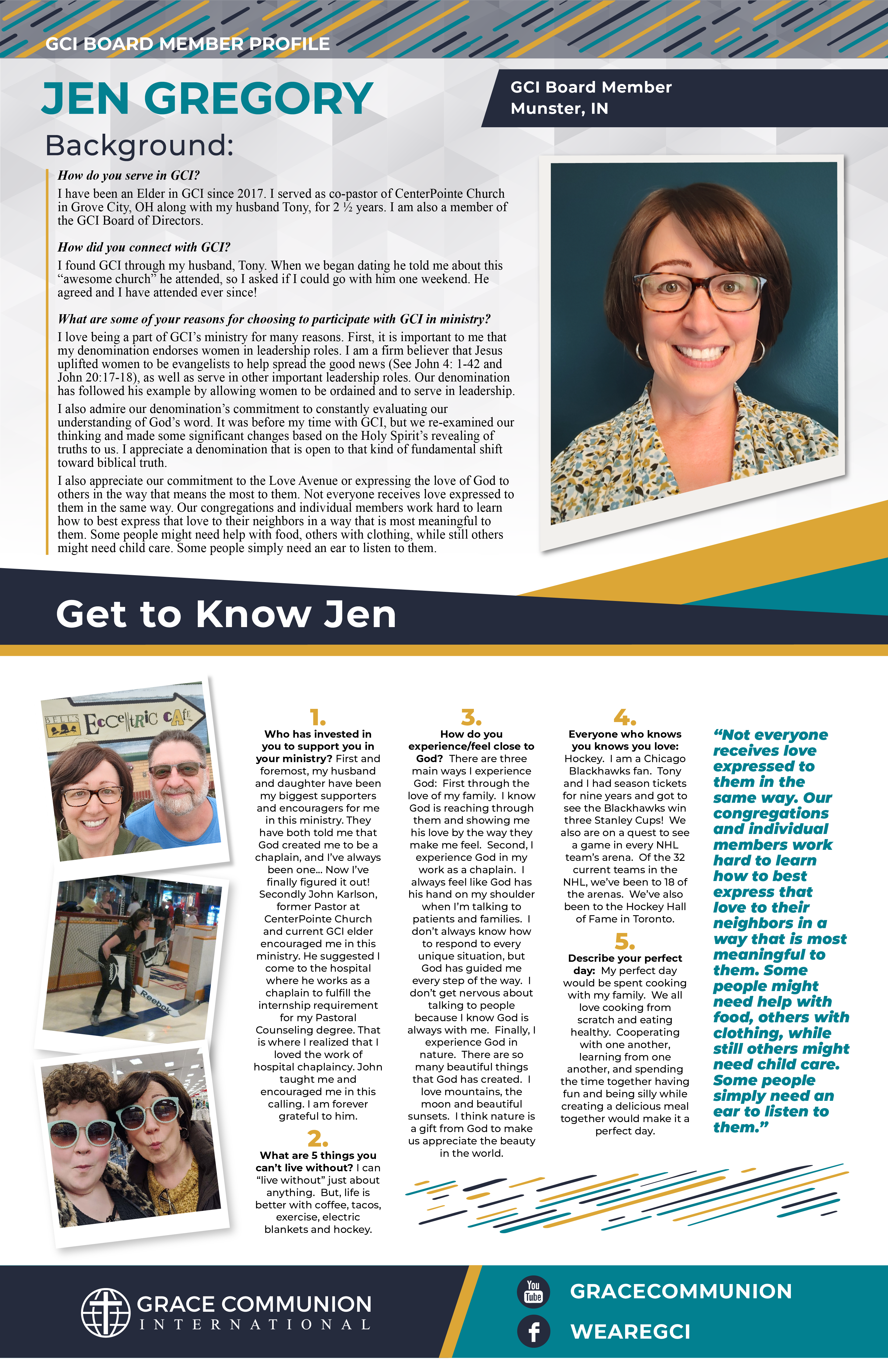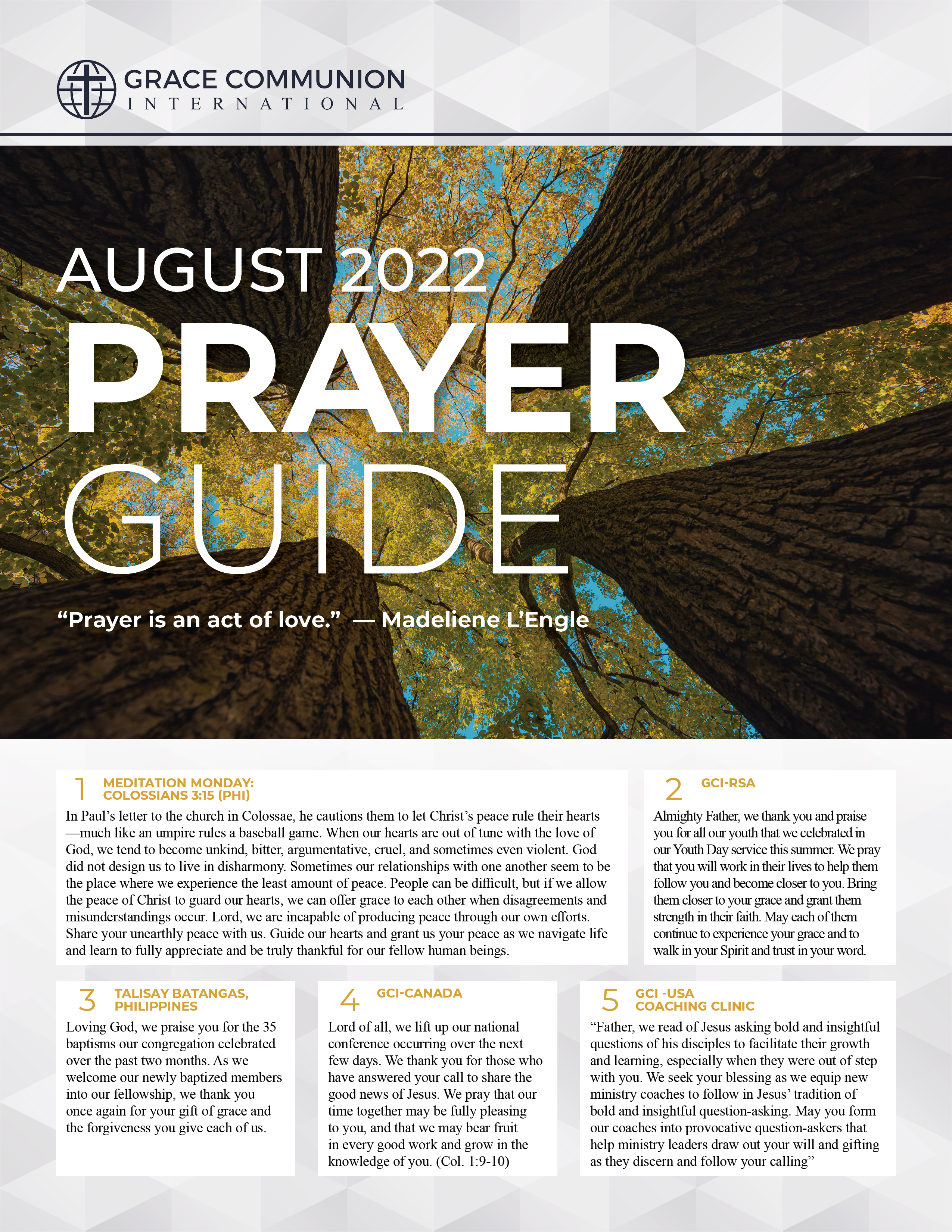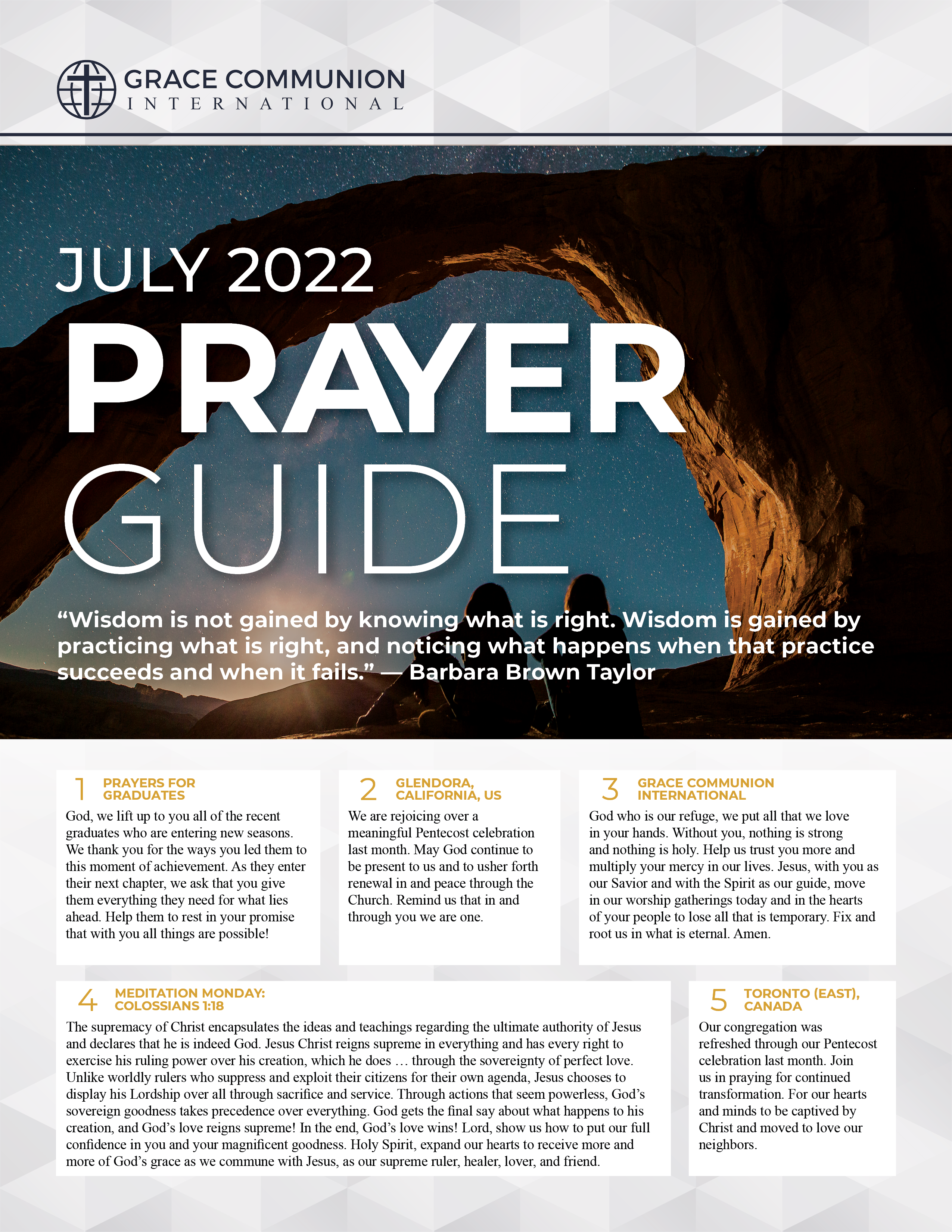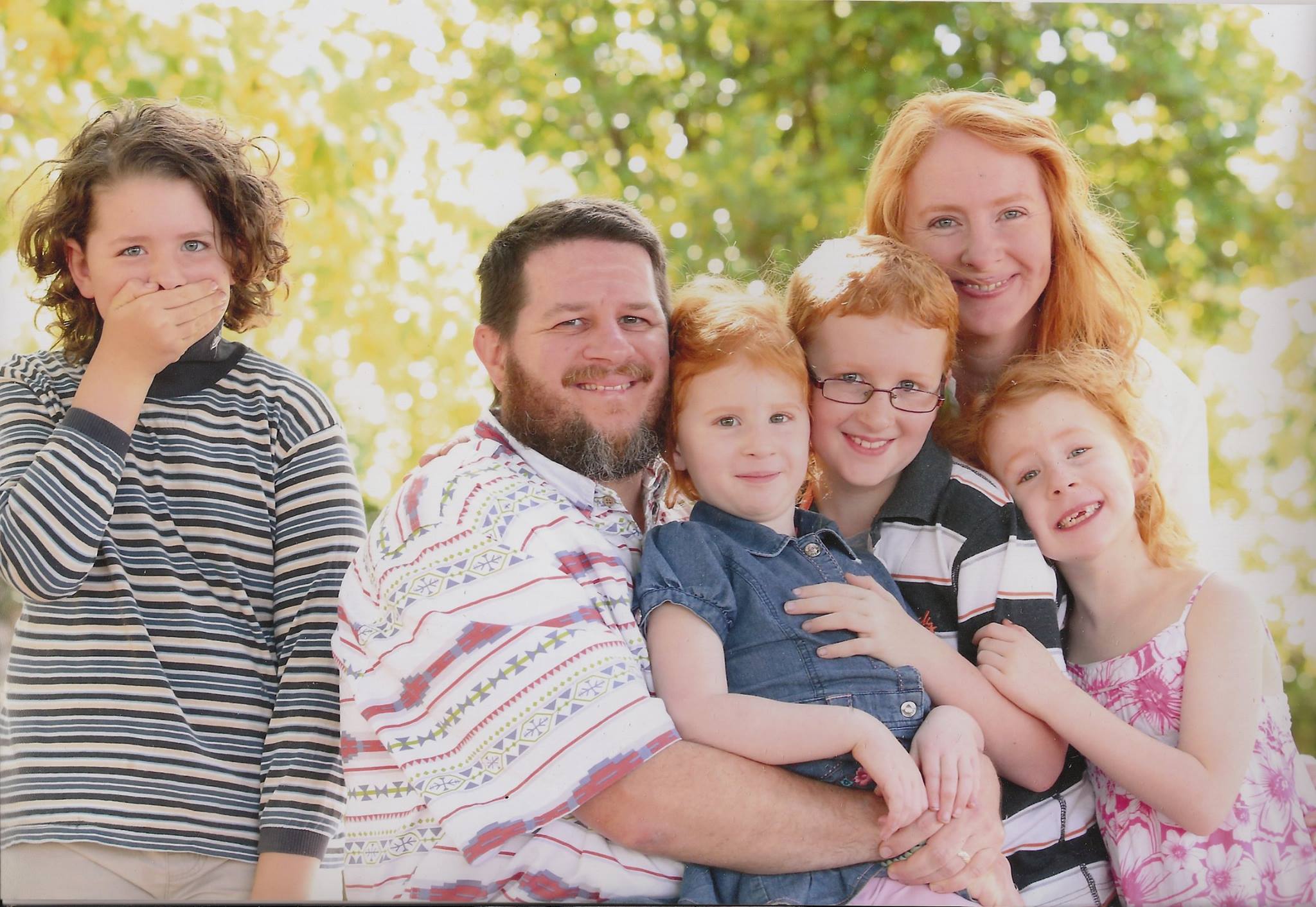Editor’s Note: Our overarching theme for devotions during the five months of the liturgical calendar called Ordinary Time is Jesus is sending his church. Using Michael Frost’s B.E.L.L.S. acronym as a framework, the topics will relate to missional living.
-
As “sent” people, we are invited to…
- bless others generously, in word and deed (July),
- eat with others hospitably (August),
- listen to the Spirit while engaging with others (September),
- learn Jesus’ teachings as a disciple (October),
- and, sent people share the good news with others (November)
But when he, the Spirit of truth, comes, he will guide you into all the truth. He will not speak on his own; he will speak only what he hears, and he will tell you what is yet to come. John 16:13 (NIV)
Our Lord Jesus Christ, when he ascended to the Father, gave us this magnificent, lovely parting gift– the gift of the Holy Spirit. The verse above instructs us on one of the ministries of the Holy Spirit – to guide us into all truth. Whatever we hear from the Spirit guides us and lets us know what is yet to come. As children of the Most High, we know the mind of God through the Holy Spirit’s leading. In missions, we are out and about walking in his truth, letting the world know about his kingdom. The best companion to have, trust, and listen to is the Holy Spirit. He knows the mind of the Father, and he is the one directing us as we speak about God’s kingdom. Not listening to him would be like telling your parents that you are of age and do not need their guidance anymore.
 Missional practices, journeys, or events are our way of telling God that we are privileged to be telling the world about who he is and obeying his commandments. We are grateful to be carrying his presence. It will be very unwise of us to say that we will not listen to the one who is to teach us how to speak, walk, who to talk to, what to say, how to say it, when to say it, to whom to say it, and where to say it. The missional field is a dynamic field, and we need to listen to the Spirit, not only because he is God and knows the mind of Christ, but he also knows the minds of those we are being sent to. It is the Spirit’s ministry to convict the individual being spoken to. It should be a deliberate action. He should be our best friend, helping us navigate through life in our personal and missional lives.
Missional practices, journeys, or events are our way of telling God that we are privileged to be telling the world about who he is and obeying his commandments. We are grateful to be carrying his presence. It will be very unwise of us to say that we will not listen to the one who is to teach us how to speak, walk, who to talk to, what to say, how to say it, when to say it, to whom to say it, and where to say it. The missional field is a dynamic field, and we need to listen to the Spirit, not only because he is God and knows the mind of Christ, but he also knows the minds of those we are being sent to. It is the Spirit’s ministry to convict the individual being spoken to. It should be a deliberate action. He should be our best friend, helping us navigate through life in our personal and missional lives.
Prayer:
Our Father, the great God of heavens and earth, we pray, oh Lord, that we will trust you enough to let you lead as we share your word with others through our lives, actions, and words. May we have a listening ear and be sensitive to your promptings as you direct us in this world to let the world know about you. May we be like the sheep who know your voice and follow where you lead. May we never go astray from you because you are the way-maker and the road map to our lives. In Jesus’ name, amen.
 By Brenda Asare-Akoto
By Brenda Asare-Akoto
National Youth Pastor, Ghana















